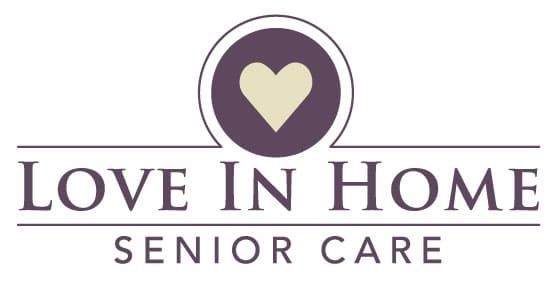What is Restless Legs Syndrome?

Elderly Care in Liberty Lake WA: What is Restless Legs Syndrome?
If your parent complains that they are unable to get to sleep at night, it might be wise to talk to them about restless legs syndrome (RLS). RLS can affect your parent’s sleep because it often occurs in the evening and can wake your parent, making them feel sleepy and irritable the next day. Knowing more about the disorder and its symptoms could allow you to get your parent the help they need to manage the condition.
RLS is a Nervous System Disorder and a Sleep Disorder.
RLS is considered a nervous system disorder because it affects the nerves that make a person feel like they need to move their legs. At the same time, RLS is also considered a sleep disorder because it has such a profound effect on a person’s sleep. Because RLS most often occurs in the evening and nighttime hours, it can make getting to sleep very difficult since the person feels a need to get up and move about. It can also wake the person during the night and make it impossible to return to sleep because of the uncomfortable leg sensations. While moving around can alleviate the symptoms of RLS, the effect does not last. Once the person sits down again or stops walking, the unpleasant feelings return.
RLS affects 7-10 percent of Americans and can start at any age. It generally gets worse as a person gets older. Older people with RLS usually experience symptoms more often or have more severe symptoms than those who are younger.
Symptoms of RLS.
The main symptom of RLS is an urge to move because of uncomfortable sensations. RLS most commonly affects the legs, but it can occur in the arms as well. The sensations feel as though they are coming from inside the legs, not on the surface of the skin. They are often described using words like:
- Crawling.
- Itching.
- Throbbing.
- Aching.
- Pulling.
- Creeping.
If you suspect your parent has RLS, talk to them about whether they are experiencing any of the following signs:
- The uncomfortable feelings start when your parent is at rest.
- If your parent moves around, the feelings get better or go away.
- The uncomfortable feeling most often starts at night.
Some people with RLS also experience jerking and twitching movements in their legs when they are sleeping. This is called periodic limb movement of sleep (PLMS). The movements happen every 15 to 40 seconds and can go on through the entire night.
Managing RLS at Home.
If your parent suffers from RLS, talk to a doctor. Sometimes prescription medications are necessary, but there are many things that can be done at home to ease the symptoms. Some suggestions for relieving RLS symptoms are:
- Warm Baths: Taking a warm bath when symptoms occur may relax your parent’s legs. If your parent has difficulty with bathing on their own, an elderly care provider can assist.
- Massage: An elderly care provider can massage your parent’s legs.
- Hot or Cold Packs: Hot or cold packs applied to the legs may also reduce symptoms.
- Exercise: Exercise can also help with RLS. However, exercise should not occur too close to bedtime. If your parent feels unsafe exercising on their own, an elderly care provider can be a comforting presence to reassure your parent during exercise.
There is no cure for RLS, but practicing some of the techniques above may allow your parent some relief and a better night’s sleep.
If you or an aging loved one are considering elderly care in Liberty Lake, WA, please contact the friendly staff at Love at Home Senior Care, today. Call (509) 204-4088
Sources
https://www.webmd.com/brain/restless-legs-syndrome/restless-legs-syndrome-rls#1
https://www.mayoclinic.org/diseases-conditions/restless-legs-syndrome/basics/definition/con-20031101
https://www.mayoclinic.org/diseases-conditions/restless-legs-syndrome/basics/symptoms/con-20031101
- Are You in Good Hands? 5 Key Qualities That the Best Caregivers Should Have - December 3, 2019
- Emergency Preparedness: A Checklist for Older Adults and Seniors - November 29, 2019
- 6 Fun Fall Activities That Seniors and Caregivers Will Love - November 27, 2019
